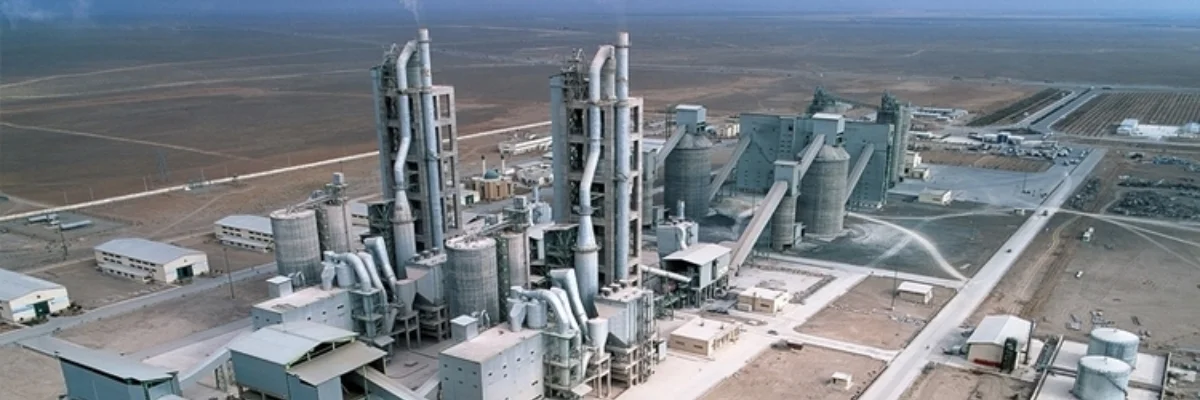Notes on Navigating Tehran's Urban and Cultural Spaces
Visit the US State Department travel page on Iran and you are presented with a rather worrying image; a mere visit to the country is warned against. Only recently has the UK removed similar warnings.
But the 35-year long political mistrust between the West and Iran is sharply contradicted by lived experiences of foreign tourists and professionals who have been traveling to the country Iran. Following the nuclear deal, we may soon witness an unprecedented growth in their numbers, whether tourists or business travelers.
There is the potential of détente between Tehran and world powers. A changing cultural conversation on Iran— conciliatory dialogues are now a mainstay on major networks like CNN— is presenting a major challenge to worn out representations of the country as a dangerous and undesired place to be avoided.
Tehran is a safe destination for expatriates. In fact, Tehran may provide a more welcoming and more comfortable urban space than many other Middle Eastern cities, some of which are well-trod destinations for Western expats.
Many of Tehran’s desirable urban features— accessible pedestrian paths, numerous public parks, a strong public transit system— are not present in other Middle Eastern capitals. Though crossing the street is a skill to be learned, you can feel safe in the well-designed pedestrian pathways and overhead bridges, or find a quiet space in one of the many public parks of the city, away from the noisy motorcycle engines and frequent honking of stressed drivers.
Then, there is the city’s nearly comprehensive and affordable public transit system. For about ten cents, you can ride the metro from the city’s south all the way to the famous northern square of Tajrish. It is true that the city’s buses are generally not well maintained; you can find broken seats and floors in need of repairs. But it is probably not an exaggeration to say that on a bus passes the station every minute on the rapid transit bus routes.
Where busses don’t go, there are shared taxis (called khatis) that run specific routes for 30-60 US cents and you get to meet interesting people who share the ride with you. At night (or even during the day), you can call one of the numerous taxi service companies located on every few street corners for a private taxi. A ride across the city can cost as little as 5 US dollars and you can always expect your drivers to keep you entertained talking about a variety of subjects with an all-knowing sense of confidence, including their favorite topic, politics. And if they’re having a bad day you’ll certainly be lectured about the terrible state of the economy.
However, what makes Tehran particularly accommodating is the diversity of ideas and lifestyles. The diversities of opinion do not always find public expression, but are nonetheless part and parcel of communal life. In public and especially private spaces it becomes clear that there are plenty of interpretations of politics and religion that that conflict with the state’s official reading or the reading often assumed in the West.
Moreover there is a lot to do for people of different tastes: entrepreneurs, artists, musicians, novelists, social critics, and poets can all find their niche. State practices do create an environment in which freedom of expression and association is pursued cautiously. Yet, Tehran’s creatives and professionals are able to associate and speak in many ways and venues, expressing themselves through the slight seams the Ministry of Culture and Islamic Guidance has left unwoven on its gradually shrinking curtain of censorship.
In short, the religious and irreligious, apolitical and radical, rule-oriented and free spirited can all find their comfort zones in Tehran. It is an increasingly cosmopolitan city. As with life in any metropolis Tehran has its stresses, but these are negotiated by uplifting episodes, exciting happenings, and intriguing company.
As such, the real challenge for Western expatriates will likely not be encountering Tehran as an urban space, but negotiating Iran’s professional culture. In the West (and the United States in particular, where I’ve spent much of my time), professional culture is very much task-and-role based; you are given a task that falls within the purview of your responsibilities and are supposed to complete it irrespective of your relationships with others.
In Iran, relationships really matter. Whether you’re seeking an appliance repair from a landlord, trying to get the attention of colleagues for a new idea you have, or seeking to beat competition to a contract, such interactions will depend on relationship dynamics perhaps more than in Western countries.
Surely, relationships are also important when it comes to who is hired, appointed, granted a contract, or favored in business relationships in the United States and Europe. However, the relationship-based economy runs deeper in Iranian society and specifically in the realm of business. This is not to say that Tehran is necessarily filled with a collective of nepotists with an indifference to merit and their professional duties. But business has its own culture that needs accommodating. The difference in work culture does not necessarily make one side better or worse. They simply remind us of what different cultures value and how each culture goes about carrying out business.
Iranians prioritize the cultivation of a reciprocal, respectful, and congenial relationship before things can get done. For some expatriates, this can be an exciting challenge, while for others it may prove difficult. As Iran’s markets will likely open up to significant foreign interventions in the upcoming years and an inflow of outside expertise, an understanding of its work culture for newly arrived expatriates can prove invaluable for successful economic outcomes.
Photo: Mohammad Ettefagh




